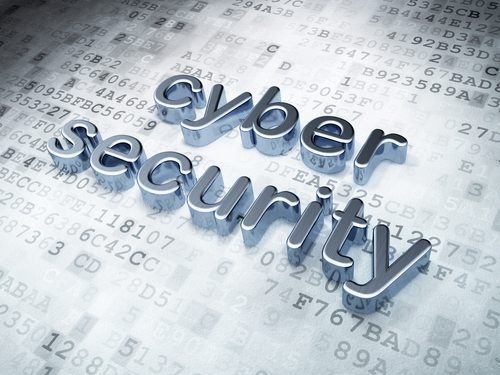This morning marks the start of European Cybersecurity Month, with a focus on combating cyber scams, as well as a focus on developing and growing digital skills. This year’s ECM is particularly important, with industry research suggesting that cyberattacks during the coronavirus pandemic are up 30% compared to the same time last year. Also, with so many of us more reliant on the internet in an effort to minimise social interaction, the inevitable pivot to online shopping, online communication, and online working has increased the threats impacting most individuals, as well as organisations.
The economic impact of cybersecurity threats is stark –widespread internet and datacentre disruption resulting from a cyber attack would cost the global economy upwards of $50 billion a day, illustrating the importance of cybersecurity measures and the value that skilled cybersecurity professionals bring to the front line.



